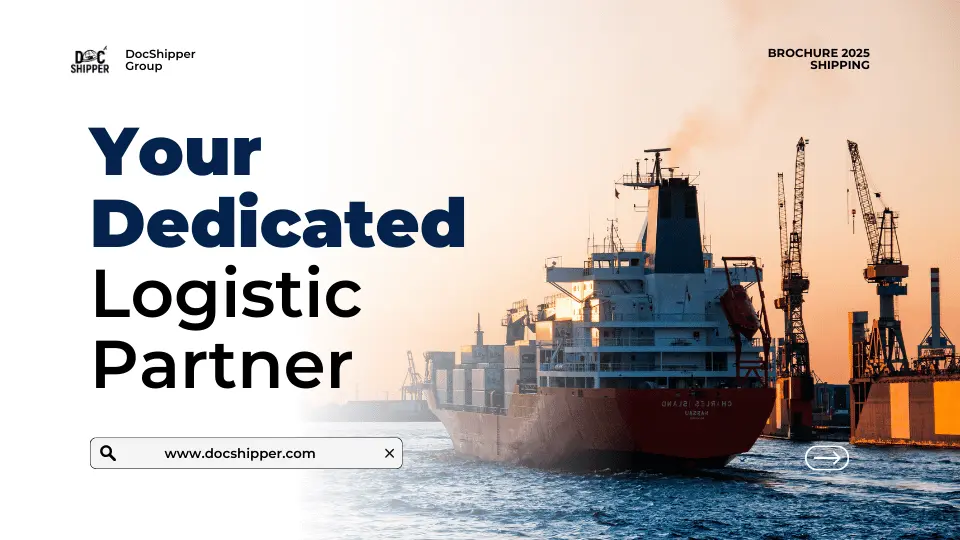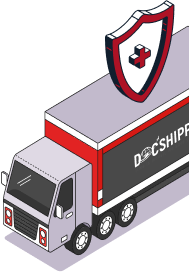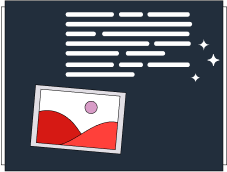Your Freight Forwarder and Sourcing Agent in the U.S.
DocShipper simplifies your imports and exports by managing every step of the supply chain, from sourcing suppliers abroad to coordinating international logistics in and out of the United States.
- Comprehensive support
- Local and global presence
- Competitive rates
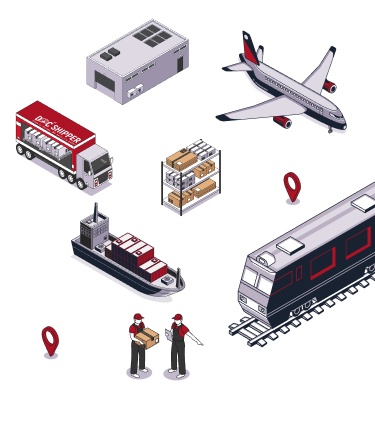
Over 6,000 projects completed for satisfied clients worldwide.
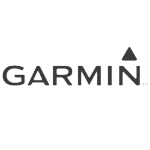

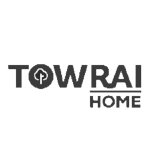
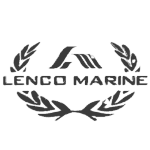



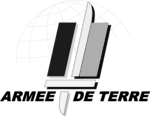


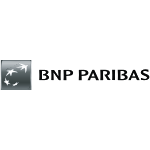
DocShipper – Making Import-Export
Simple and Stress-Free.
DocShipper U.S. is the branch of the DocShipper Group dedicated to international operations to and from the United States, specializing in global procurement and freight forwarding. With the U.S. positioned at the heart of global trade, we leverage major gateways, Los Angeles, New York/New Jersey, Houston, Miami, Seattle, Chicago, to provide fast, reliable, and flexible logistics solutions by air, sea, and road. Our sourcing team also connects American businesses with trusted global suppliers, reducing risk while ensuring compliance and quality. Because the logistics industry can feel outdated and overly complex, our mission is to redefine international trade. Our goal? To simplify your supply chain and give you peace of mind, so you can focus on growing your business.

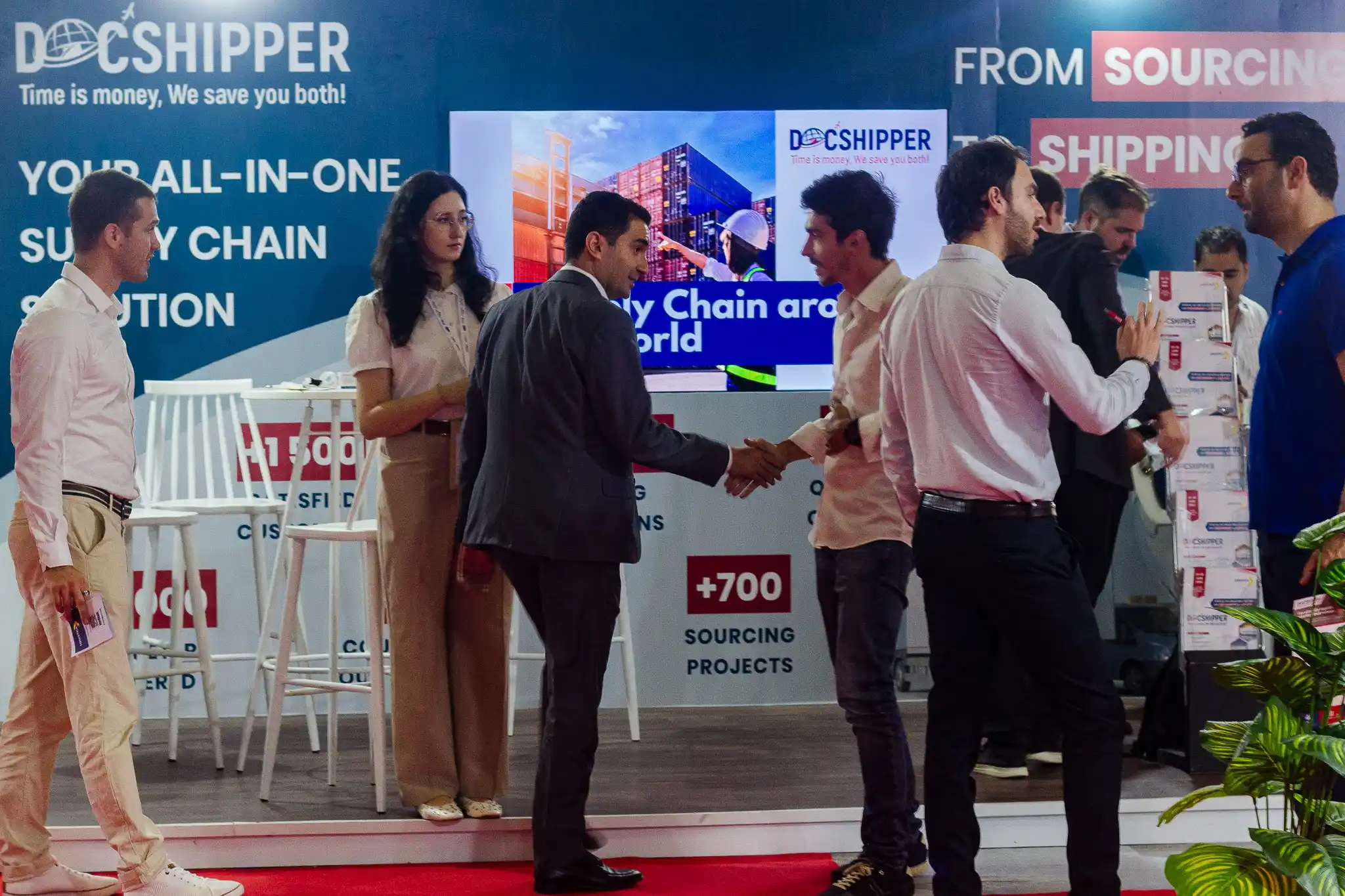
With or Without DocShipper?
See the Difference
Importing or exporting without guidance means facing hidden fees, unclear regulations, unreliable suppliers, and endless intermediaries. Delays, disputes, and errors can cost you time and money. With DocShipper, you gain a single point of contact, a clear process, and full visibility at every stage of your project.
Spend less time Sourcing and more time Selling
Finding reliable overseas suppliers is time-consuming and risky. With DocShipper U.S., you don’t have to gamble with unverified factories or unclear processes. We connect you with trusted manufacturers worldwide, China, Vietnam, India, Turkey, Mexico, and more, carefully selected to match your requirements.
We handle it all: supplier identification, negotiations, sampling, production oversight, and quality inspections. Our process is transparent, with no hidden fees, so you can focus on selling while we handle the sourcing.
Needs Assessment
We analyze your project, budget, and goals to design the right sourcing plan.
Supplier Search
We find and vet suppliers through our global network, ensuring reliability and compliance.
Negotiation ans sampling
We negotiate favorable terms and provide samples so you can validate before production.
Production Oversight
We monitor timelines and specifications directly with the factory.
Quality control
Inspections ensure your products meet both your standards and U.S. regulations.
Standards Compliance
We verify compliance with U.S. (FDA, FCC, CPSC) and international requirements.
Packaging
If needed, we arrange packaging or re-packing so goods are ready for shipping and distribution.
Sourcing for the U.S. Market Has Never Been Easier
We manage everything, from supplier search to production and quality control. You focus on sales, we handle the hard part.


Our Achievements in Numbers
A snapshot of the results we’ve achieved for clients worldwide.
6100 +
Clients9200 +
Operations600 +
Sourcing projects788 +
QC/ Audit/ ConformityOur Freight Forwarding services from/to the U.S.
Shipping goods in and out of the U.S. doesn’t have to be complicated. At DocShipper, we provide tailored solutions by sea, air, and road, always adapted to your volume, budget, and deadlines.
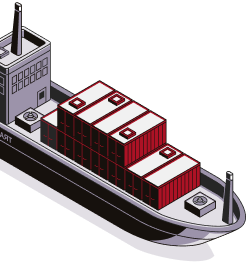

Whether FCL or LCL, we manage shipments through major ports like Los Angeles, Long Beach, Houston, Miami, and New York/New Jersey. We also provide reefer containers, special cargo handling, and consolidation options.
More DetailsFor urgent or high-value shipments, we offer express and standard services from key hubs like JFK, LAX, ORD, ATL, and MIA. We also design hybrid solutions for e-commerce with combined Air-Sea or Air-Road services.
More Details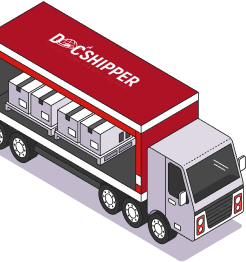

Domestic trucking is the backbone of U.S. logistics. We organize FTL and LTL deliveries nationwide, including last-mile distribution and specialized cargo.
More Details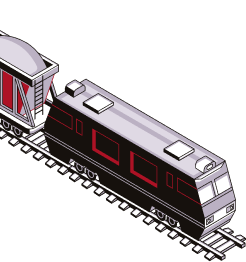

Trade with Canada and Mexico is a cornerstone of U.S. logistics. We arrange seamless FTL and LTL trucking across both borders, including customs brokerage, transshipment, and compliance with USMCA regulations.
More DetailsFrom the U.S. to Your Doorstep.
We Cover Everything.
Simple, cost-effective, secure international transport managed by a single point of contact.


Door-to-Door Transport: The All-In-One Solution
Our door-to-door service is the most popular option for businesses and individuals shipping internationally. From pickup at the supplier’s warehouse abroad to delivery at your final address in the U.S. (or vice versa), we manage every stage: packing, transport, customs clearance, and last-mile delivery. No need to juggle multiple providers, your dedicated DocShipper contact oversees the entire process, ensuring everything arrives safely and on time.
Clients Testimonials
We can't make this up - see why businesses worldwide trust us with their shipments every day.
I contacted DocShipper to organize the import of board games from Asia to Switzerland. Despite my lack of experience in the field and the modest size of my request, my dealings with the staff were always professional and efficient. I received sound advice and the staff always took the time to answer my questions. I look forward to working with DocShipper for the import of my goods and highly recommend their services.

Mavrik Grangier
December 10, 2024
My name is Ad Van Den Bosh. I am a Dutch business man cross-trading in the Far East. I reached Robert Houwayek (DocShipper's representative) to clear a 40HC of greenhouse equipment from Qingdao, and deliver it to Lan Krabue in no time. He suggested that I request a Form E, which I did from the supplier, and was able to enjoy a preferential tariff treatment. DocShipper, a way to help you save both time and money!!

Ad van den Bosch
March 5, 2024
I recently used Docshipper to ship my appliances from Germany to Thailand, and I'm thrilled with the service I received! [...]The team was professional, responsive, and kept me informed every step of the way. The packaging and handling of my appliances were top-notch, and they arrived in perfect condition. I was impressed with the attention to detail and care taken to ensure a safe and successful transport. I really recommend Docshipper for it.

Chemmie Chatuphorn
November 28, 2024
In the event of goods being stuck at customs, Robert [...] is a customs broker you should arguably consider to release your cargo. Once I knew that my scale modeling tools coming from Spain are being withheld at Suvarnabhumi Airport, I resorted to him to release it and handle the last mile delivery. All what he asked me is to send 2 emails to be able to do it! [...] Well guess what, within 48 hours, it was done! I got my parcel at my place in Phuket.

Chan chan
Mar 5, 2024
A vice president caught up in the thick of thin things, an EXW shipment of plumbing supplies for irrigation from Eureka California to Costa Rica is definitely not what I’d like to have on my agenda. Robert’s hang-in-there posture toward any arising challenges in shipping. [...] skillfully handled all US export formalities incl. SED/AES filing, not to mention the sea freight from Oakland POL. Everything ended up working out like a charm!

Dave Sheppard
July 10, 2024
I feel they covered everything. DocShipper shipped a 20- ft Milvan overseas to Laem Chabang for a customer. The team was responsible for shipping the shipping to another country. Having very little knowledge in this area, I didn't know how to organise myself . One week after my arrival on the Asian continent. Marc O. Was available at all times and nearly instant feedback. Made a stressful event much easier and he definitely knows his job.

Anonymous, Indiana
Aug 9, 2023
Customs Clearance in the U.S.
Importing or exporting through the U.S. involves strict regulations, tariffs, and documentation. That’s where DocShipper makes a difference.
We handle all customs formalities, HS code classification, duties and tax calculations, permits, and paperwork, with CBP and partner agencies. Thanks to our local presence and global network, we make customs smooth, transparent, and stress-free.
With DocShipper, you reduce risk, avoid costly mistakes, and ensure compliance.
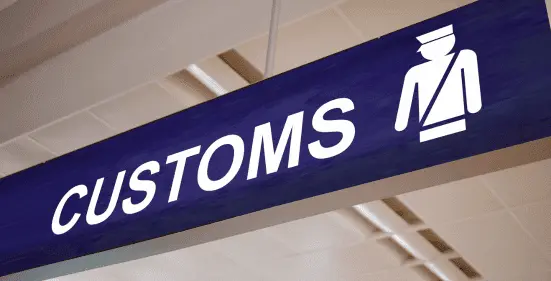
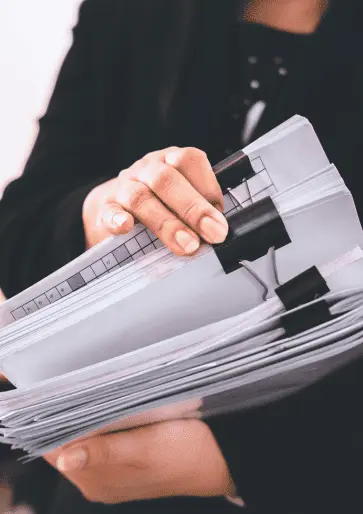
Take It A Step Further
Beyond freight forwarding and customs, we provide complementary services to secure your entire supply chain:
Storage services
Our warehousing network covers major U.S. logistics hubs such as Los Angeles, Houston, Miami, Chicago, and New York/New Jersey. Whether you need short-term storage for consolidation or laong-term facilities with 24/7 monitoring, we offer secure and flexible solutions.
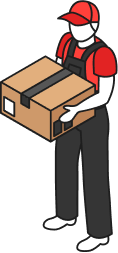
Relocation Services
Planning a personal move or transferring staff overseas? We provide turnkey relocation services, handling everything from packing and pickup at origin to customs clearance and delivery at your new address. From
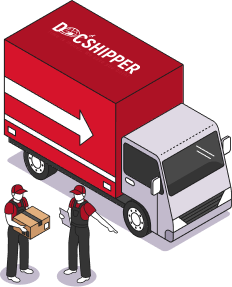
Packing services
Proper packing is essential for international transport. Our teams use professional, export-grade materials to secure fragile, bulky, or high-value items.

Transport Insurance
Carrier liability alone won’t cover the real value of your goods. That’s why we recommend AD Valorem insurance covering the full declared value of your shipment.
Our policies protect you against risks such as loss, theft, weather damage, fire, or accidents during transport or warehousing.
Why Choose DocShipper U.S.
360° Support
From supplier search to final delivery at your door, we manage every stage of the import/export process. No more juggling multiple providers, DocShipper centralizes sourcing, transport, customs, insurance, and storage into a single streamlined solution.

Local Presence, Global Reach
With established teams in the United States and partner offices worldwide, we combine American know-how with international expertise. Whether you’re moving goods across the country, shipping to Canada or Mexico, or importing from Asia and Europe, our network ensures seamless coordination every step of the way.
24/7 Multilingual Assistance
International trade never sleeps, and neither do we. Our logistics experts are available around the clock to answer questions, provide real-time updates, or resolve urgent issues. You’ll always have a dedicated contact monitoring your shipment and keeping you informed.
Competitive Rates
Thanks to our volumes and long-standing partnerships with carriers, we negotiate highly competitive freight rates without sacrificing service quality. Our quotes are clear and detailed, no hidden costs, no unpleasant surprises.
Have questions?
We
have answers
Sea freight for large volumes, air freight for urgent or high-value goods, and road freight for cross-border shipments to Canada and Mexico.
Typical documents include a commercial invoice, packing list, and bill of lading or airway bill. Certain goods require extra certificates (FDA, phytosanitary, MSDS). Our team prepares everything for you.
From supplier pickup to packing, export customs, international transport, import clearance, unloading, and final delivery. DocShipper manages each step for you.
Yes. Our AD Valorem policies cover the full declared value of your shipment, offering stronger protection than basic carrier liability.
They’re based on HS codes, country of origin, and declared value. We help classify goods correctly and estimate charges upfront.
Send us your shipment details via our online form or WhatsApp. We’ll provide a free quote within 24h and immediately arrange pickup.






